Like Mel Brooks’s character the Two Thousand-Year-Old Man, Peter Lewis has met everyone of consequence. Though he doesn’t mention being an eyewitness at the Crucifixion, he was told by T.S. Eliot that working in a bank was quite nice (‘I never thought about poetry in the day’). Frankie Howerd wanted Lewis to give him a massage (‘I have this trouble, a hernia, you see.
Already a subscriber? Log in
Subscribe for just $2 a week
Try a month of The Spectator Australia absolutely free and without commitment. Not only that but – if you choose to continue – you’ll pay just $2 a week for your first year.
- Unlimited access to spectator.com.au and app
- The weekly edition on the Spectator Australia app
- Spectator podcasts and newsletters
- Full access to spectator.co.uk
Or
Unlock this article
You might disagree with half of it, but you’ll enjoy reading all of it. Try your first month for free, then just $2 a week for the remainder of your first year.

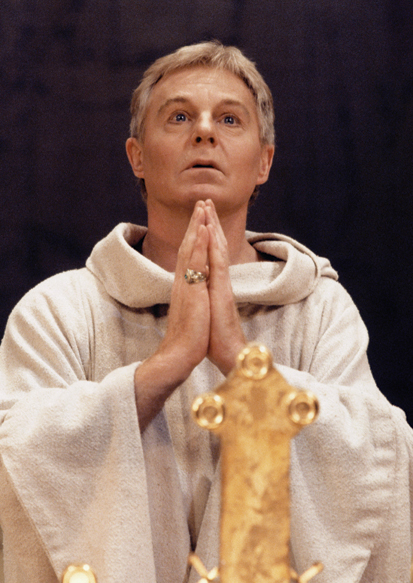
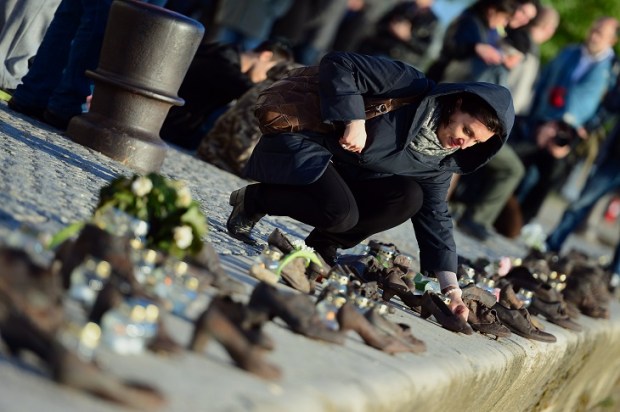
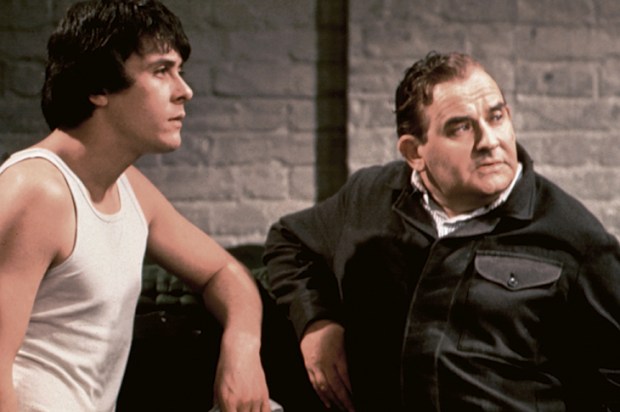
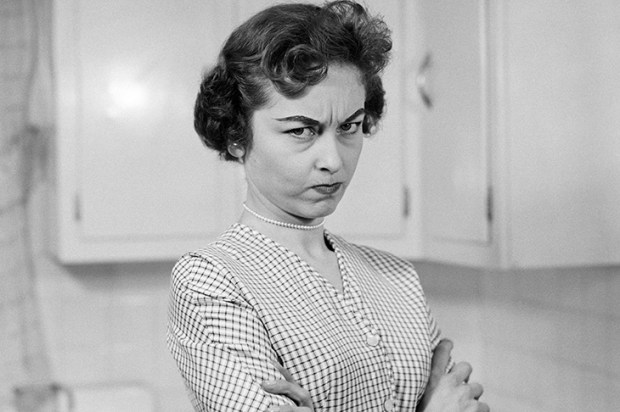
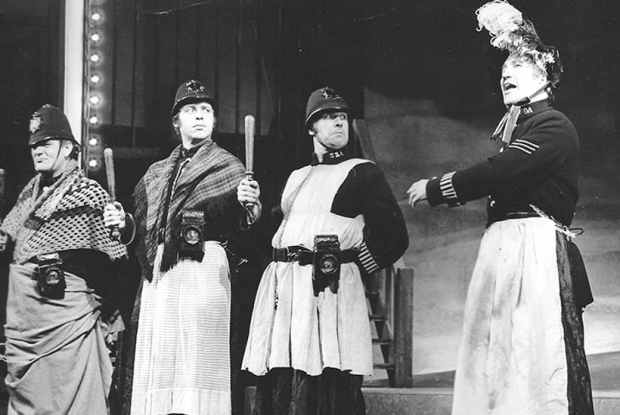







Comments
Don't miss out
Join the conversation with other Spectator Australia readers. Subscribe to leave a comment.
SUBSCRIBEAlready a subscriber? Log in